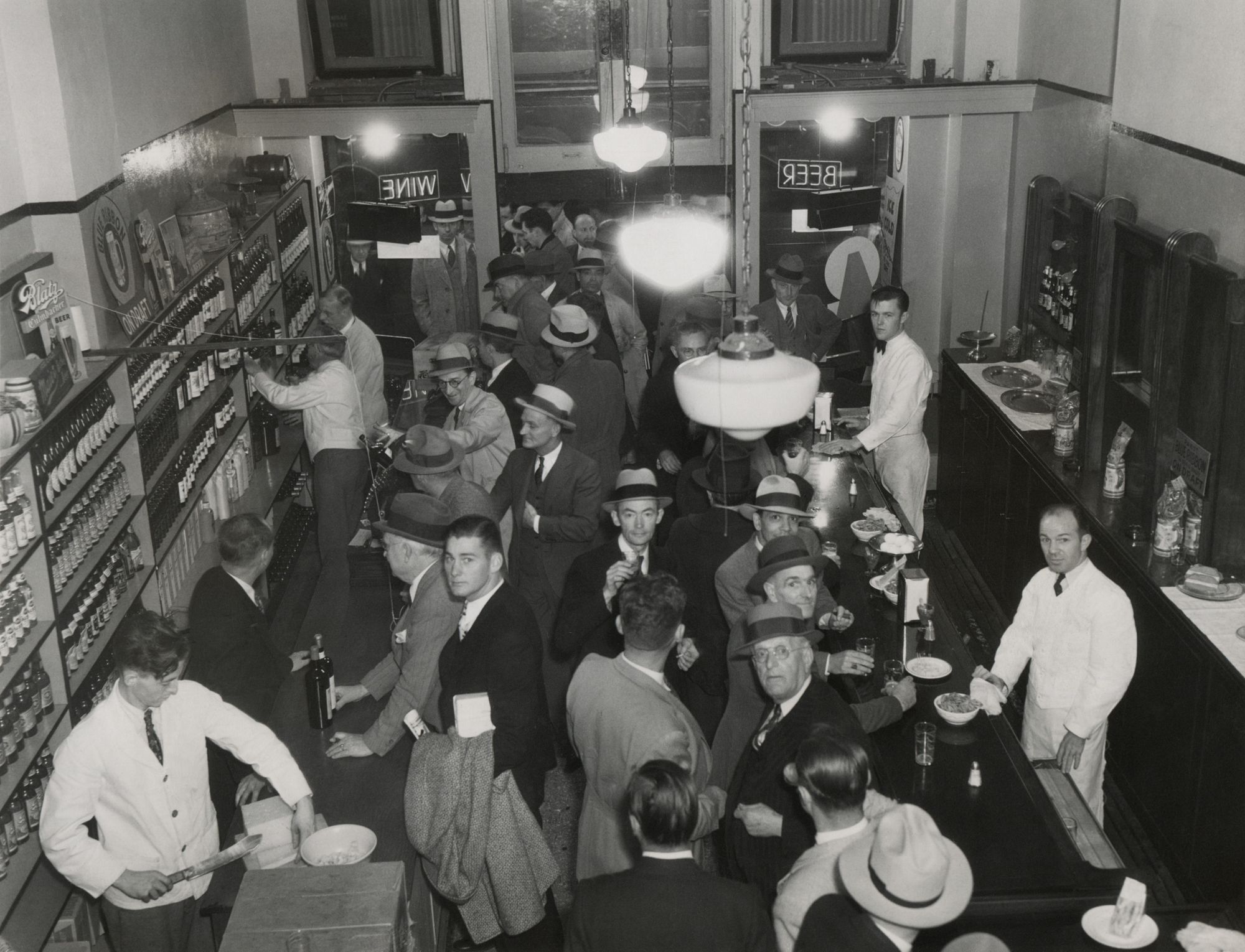A new bar can’t be summed up with a snappy elevator pitch
It’s all very well and good to know you serve pancakes and absinthe — what do you stand for?

In today's email: is the way we describe bars inadequate? Max Allison is a bartender and new bar owner; his venue, Good Measure, is set to open its bar in December in Melbourne. This piece is one of two winning articles from a writing competition held by Boothby in partnership with The Scholarship program from The Blend by Beam Suntory. It's a great read. I can't wait to check out the bar — Sam Bygrave.
‘I’m opening a bar.’ It’s a sentence I say often (because I am, and why wouldn’t you?) and as opening grows closer, it feels more real each and every time the words tumble out of my mouth. The most consistent follow-up question I get hit with is: ‘What’s the concept?’
I think people usually want a two-word answer like ‘Absinthe and Pancakes’ or something thematic like ‘1940s Chicago-style beer hall’ – something that’s simultaneously vague and specific. I feel as though venues are pressured to draw a box around themselves, and in a single sentence summate their entire offering into a snappy elevator pitch.
As my main man Shrek says, “Onions have layers,” and good venues – like onions and ogres – have layers. The obvious advantage of the “X&Y” summation is the ease of communicability – you can quickly explain to someone the focus of your venue’s offering in a few words, thereby priming their expectations.
You may inadvertently, however, alienate some people. When I worked at Boilermaker House, I had to reassure many an anxious guest who were unsure if we even had vodka.
The thematic approach is a little trickier. If you are basing your venue around a particular culture, theme or time-period you run the risk that guests may not be informed enough about the theming to fully engage with it. Even worse, if you are a particularly tone-deaf operator, you may not even realise that your concept is actively offensive; such was the case for a Vietnam War themed bar and restaurant in Melbourne that opened in March of this year. The exception appears to be tiki – for whatever reason – which seems to get a hall pass from being out and out offensive (to most people), despite being fraught with complex cultural stereotypes and colonial revisionist history.
Good theming is a tightrope walk – it should be consistent but not overbearing or costume-y. Heartbreaker in Melbourne is a favourite bar of mine and is a good example of this. If I had to describe it I’d call it an American-style rock n’ roll dive bar. They serve 16oz pints, have plenty of American whiskey, play glam rock loud and keep the lights low. It’s the sort of place you walk into and can immediately understand its vibe.
But as effective as these approaches to summarising a venue’s offerings are, I find them lacking a substantive quality. Shorthand such as “whisky bar” or “dive bar” are useful in understanding what a place offers, but lack an explanation of philosophical context. What is the ethos of these spaces? Do they pay their staff correctly, or perhaps even above award? Do they source local, do they attempt to be low-waste, are they carbon-conscious? These are the questions we should be asking more often of our favourite bars and restaurants.

It’s all very well and good to know you serve pancakes and absinthe but I’d also like know what do the people flipping those pancakes and pouring that absinthe actually stand for. Is there a culture of healthy and sustainable living that is embedded into the DNA of the venue? Such things are the direct responsibility of the owners and management when first opening a venue and should then be maintained by staff. The ethos of a space should be given as much importance as the offering and theming.
We return to communication - an ethos can be a complex thing to relay to someone in a few words. Ideally, you communicate your ethos through actions. Well-paid staff are generally happier and give better service; similarly, drinks made with fresh, local produce generally taste better.
These things are not themes or concepts, but to me, they speak volumes more about what the bar offers than any description of food, drink or time-period ever could. These are inherently good things, so when someone asks me what kind or bar I’m opening, I usually reply, “A good one.”

